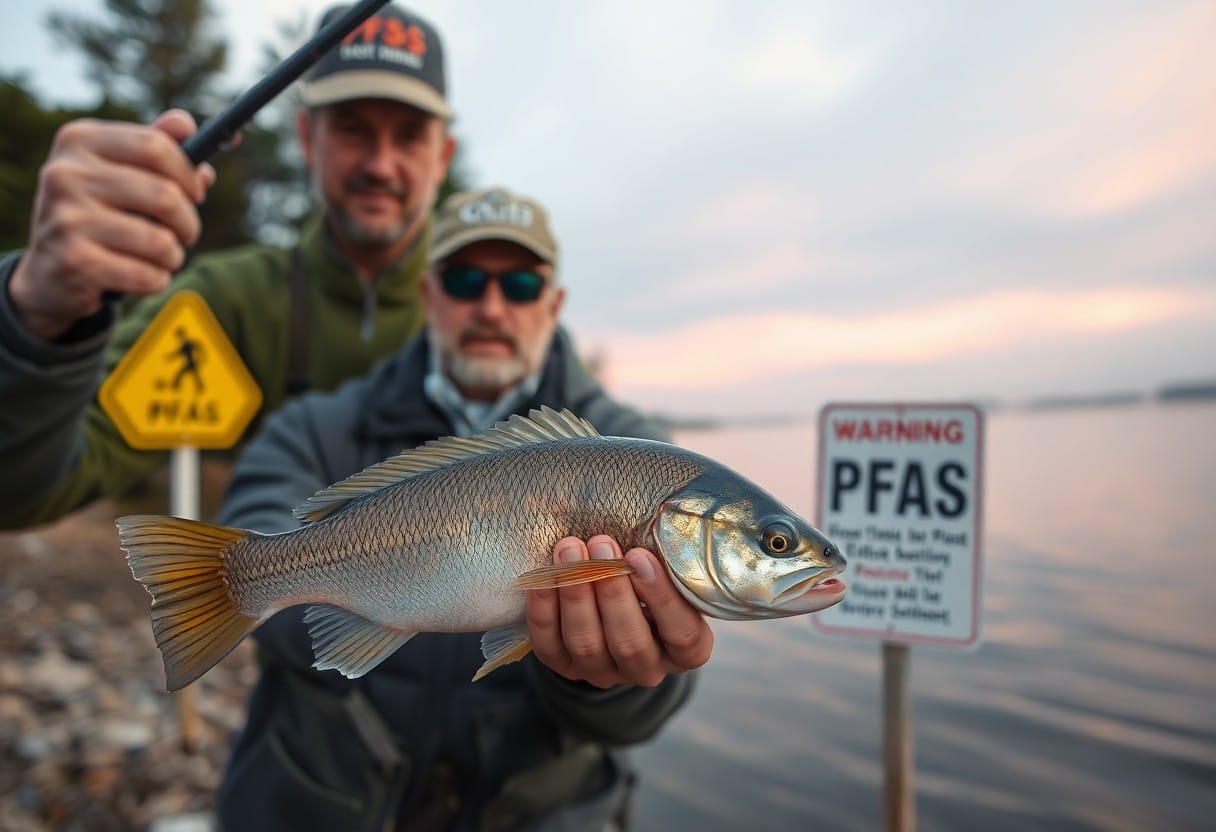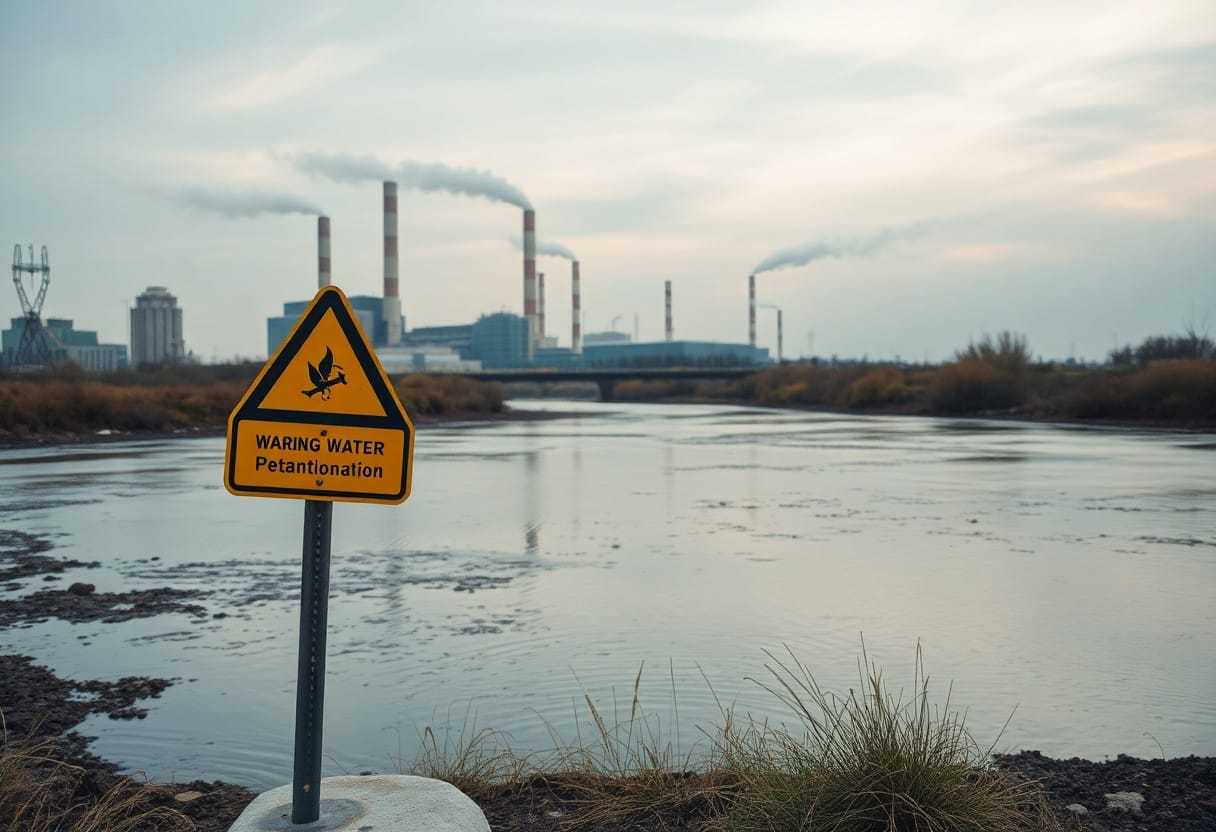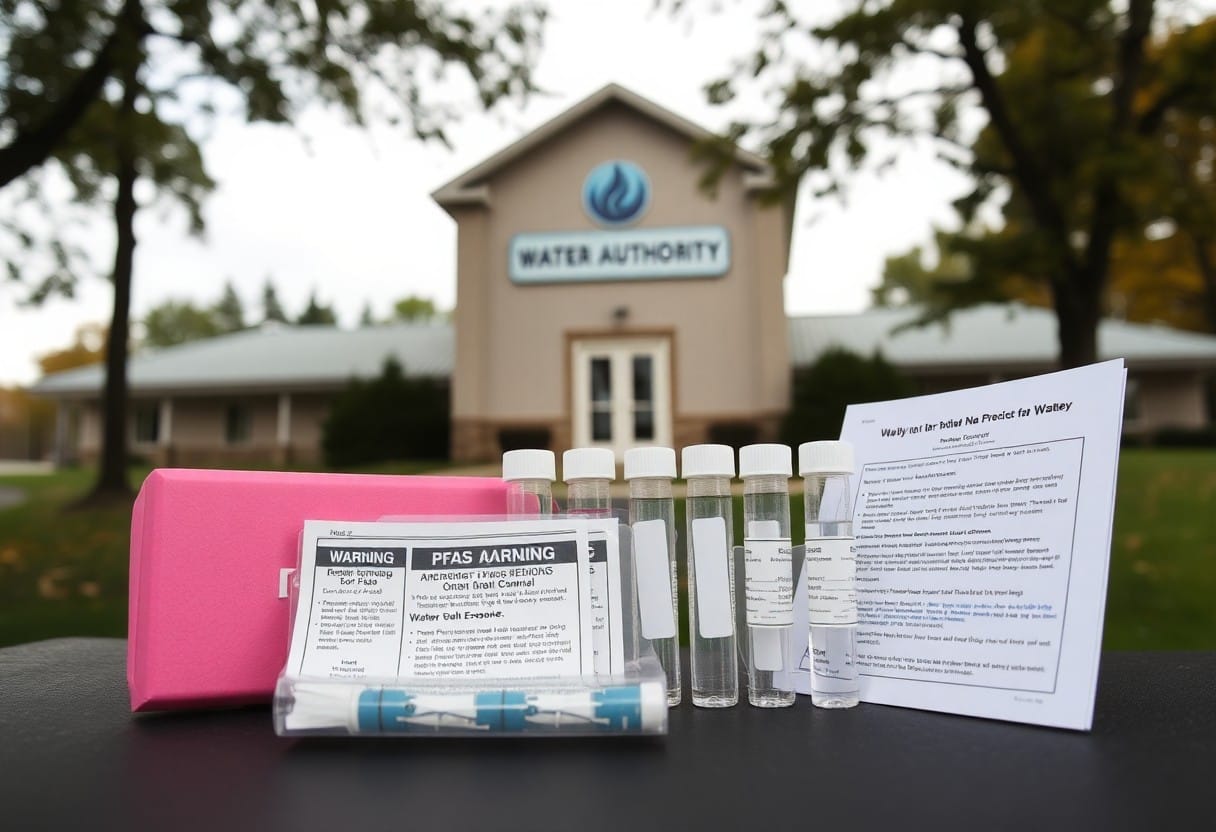PFAS, per- and polyfluoroalkyl substances, have been identified as hazardous contaminants found in various fish species, raising serious concerns for recreational fishermen like you. These chemicals can accumulate in the aquatic food chain and pose significant health risks to individuals consuming tainted fish. As you engage in fishing activities, it’s vital to understand your legal rights regarding PFAS contamination, including possible claims against polluters and regulations protecting your health. This article aims to educate you on how to navigate your rights and responsibilities while ensuring the safety of your catch.
Understanding PFAS
To comprehend the implications of PFAS in fish, it is necessary to understand what PFAS are and their impact on the environment and human health. These synthetic chemicals have been widely used in various industrial processes and consumer products, leading to significant contamination of waterways. Your awareness can contribute to better choices as a recreational fisherman and help protect your health.
Definition of PFAS
Before discussing the consequences of PFAS contamination, it is important to define what PFAS are. Per- and polyfluoroalkyl substances (PFAS) are a group of man-made chemicals known for their water- and grease-resistant properties. These substances are commonly found in products such as non-stick cookware, stain-resistant fabrics, and firefighting foam, resulting in their pervasive presence in the environment.
Sources of PFAS Contamination
An understanding of the sources of PFAS contamination is necessary for safeguarding your health and the environment. PFAS are commonly released into water bodies through industrial discharge, landfill runoff, and the use of firefighting foam during emergency situations.
A significant number of municipal and industrial wastewater treatment facilities can inadvertently release PFAS back into the environment, leading to contaminated fish populations. Additionally, agricultural runoff from fields that have used PFAS-containing products may significantly heighten contamination levels in nearby waters. This knowledge is vital; as a recreational fisherman, it allows you to make informed decisions regarding fishing locations and safety precautions to protect yourself and your family from potential harm.
Health Risks Associated with PFAS
Some key health risks arise from PFAS exposure, particularly for recreational fishermen and their families. These substances can accumulate in the body over time, leading to a variety of health issues such as liver damage, thyroid disorders, and an increased risk of certain types of cancer. Understanding these risks is crucial for you as an angler when considering the safety of consuming fish caught in contaminated waters.
Impact on Human Health
PFAS have been linked to various serious health conditions, including effects on your immune system and hormonal functions. Prolonged exposure can lead to developmental issues in children and adverse reproductive outcomes, making it vital for you to be aware of the potential dangers when fishing in polluted areas.
Ecological Effects on Aquatic Life
Against the backdrop of human health risks, PFAS pose significant threats to aquatic ecosystems. These chemicals can disrupt the reproductive systems of fish and other aquatic organisms, leading to population declines and biodiversity loss.
For instance, studies have shown that PFAS can cause developmental abnormalities in fish and other aquatic species, negatively impacting their reproductive success. The persistence of PFAS in water bodies means that these chemicals can accumulate in the food chain, leading to higher concentrations in predators, including those that you may consume. This accumulation highlights the need for awareness regarding not only your health but also the well-being of freshwater ecosystems. By understanding these ecological effects, you can make informed decisions about where to fish and the types of fish to consume.
Legal Framework Governing PFAS
While concerns surrounding PFAS contamination have surged, understanding the legal framework is crucial for recreational fishermen. Various regulations and policies exist at both federal and state levels to address the harmful effects of PFAS in fishery resources, providing you with necessary information and potential recourse should you encounter issues related to contamination.
Federal Regulations
One of the primary federal agencies overseeing PFAS regulation is the Environmental Protection Agency (EPA). The EPA has established guidelines to monitor and manage PFAS levels in water resources, setting limits that can impact fish populations. As a recreational fisherman, you should be aware of these regulations, as they dictate how local water bodies are inspected and the actions taken to mitigate PFAS contamination.
State-Level Policies
Below many states have implemented their own sets of regulations concerning PFAS in water and fish. These policies vary widely, often reflecting the unique environmental challenges each state faces. As a recreational fisherman, it’s beneficial to familiarize yourself with your state’s specific regulations, as they dictate consumption advisories and testing protocols that can directly affect your fishing activities.
Indeed, state-level policies play a significant role in protecting you and your community from PFAS exposure. Certain states have adopted more stringent standards for acceptable PFAS levels in water, which can lead to temporary bans on fishing in affected areas. Additionally, health advisories may be issued based on fish consumption risks, urging you to limit or avoid eating contaminated fish. Staying informed about these regulations not only helps protect your health but also enables you to advocate for cleaner waterways and safer fishing practices.
Rights of Recreational Fishermen
Unlike commercial fishermen, recreational fishermen have unique rights that empower you to advocate for your health and safety. You are not only entitled to enjoy your fishing experiences but also to do so knowing that you are in a safe environment. As a recreational angler, it is necessary to understand the protections available to you against environmental pollutants like PFAS.
Right to Safe Fishing Environments
Rights concerning safe fishing environments grant you the ability to fish without the fear of contaminations, such as PFAS in water and fish. You deserve to be informed about any potential hazards in your favorite fishing spots, allowing you to make safe choices for both you and your family.
Legal Remedies and Reporting
The protections you have under environmental laws give you legal avenues if you encounter PFAS contamination. If you suspect that your fishing environment poses health risks, you can report these issues to the appropriate authorities for investigation and potential remediation.
Hence, it is important to take action if you discover PFAS contamination. When you report hazardous conditions, you are not only protecting your health but also helping to safeguard your community and local ecosystems. By asserting your rights and seeking legal remedies, you contribute to a broader effort to hold polluters accountable and promote clean and safe fishing environments. Your proactive stance can lead to improved regulations and awareness, ensuring that future generations can enjoy healthy fishing experiences.

Best Practices for Recreational Fishermen
All recreational fishermen should be proactive in protecting themselves and their catch from PFAS contamination. This involves staying informed about local water quality reports, employing safe fishing techniques, and being aware of specific fishing regulations in your area. Adopting these best practices not only ensures your safety but also contributes to the overall health of the ecosystem.
Safe Consumption Guidelines
Around fishing areas known to have PFAS contamination, it is vital to follow safe consumption guidelines. Limit your intake of fish caught in affected waters, and refer to local advisories for recommendations on safe species and serving sizes. By staying informed, you can mitigate your risk and still enjoy your fishing experience.
Reporting Contaminated Waters
An important aspect of maintaining fishing safety is reporting any signs of contaminated waters. If you notice unusual contamination or hear of PFAS findings, promptly report these to local authorities or environmental agencies. Your input can play a key role in protecting public health and safety.
And when reporting contaminated waters, remember that your voice can lead to significant change. You can provide vital information about any unusual odors, discoloration, or dead fish you encounter, helping to alert authorities about potential health risks in the area. By actively participating in these reports, you contribute to research and monitoring efforts that can ultimately lead to cleaner waters for you and future generations of fishermen. Your actions can also encourage local governments to take necessary remediation measures and keep the public informed about the safety of local fishing environments.
Community and Advocacy Efforts
Keep in mind that your involvement in community and advocacy efforts can play a significant role in raising awareness about PFAS contamination in fish. Local organizations and partnerships can drive the conversation about the dangers of PFAS, motivating others to act in both personal and collective capacities. By joining community efforts, you can amplify your voice for safer fishing environments and healthier aquatic ecosystems.
Grassroots Movements
Alongside other concerned citizens, you can participate in grassroots movements that focus on informing the public and demanding accountability from local authorities regarding PFAS pollution. These movements often organize events, workshops, and campaigns aimed at educating the community, fostering advocacy, and working toward safer practices in recreational fishing.
Engaging with Policy Makers
Before initiating changes at the policy level, it is imperative that you connect with local lawmakers to highlight the collective concerns about PFAS in fish. Your insights and experiences can help illuminate the urgency of this issue and generate support for regulations that protect both community health and natural resources.
Consequently, engaging with policy makers empowers you to advocate for stronger regulations and effective remediation of PFAS contamination. By presenting evidence and personal testimonies, you can emphasize the dangers posed by PFAS in fish consumption and the urgent need for protective legislation. Cooperating with other advocates enhances your influence, making it more likely that policy makers will recognize the significance of this issue and act accordingly. Your involvement can lead to successful initiatives that not only safeguard your health and environment but also promote awareness and lasting change.
Summing up
With these considerations, it is important for you, as a recreational fisherman, to understand your legal rights regarding PFAS contamination in fish. Being informed empowers you to make safe choices about consumption, engage in dialogues with local authorities, and advocate for cleaner fishing environments. Staying vigilant about your health, questioning water quality, and being aware of regulations can significantly impact both your well-being and the ecosystem. Equip yourself with knowledge to navigate the complexities surrounding PFAS in fish, ensuring you enjoy your fishing experiences responsibly.



















